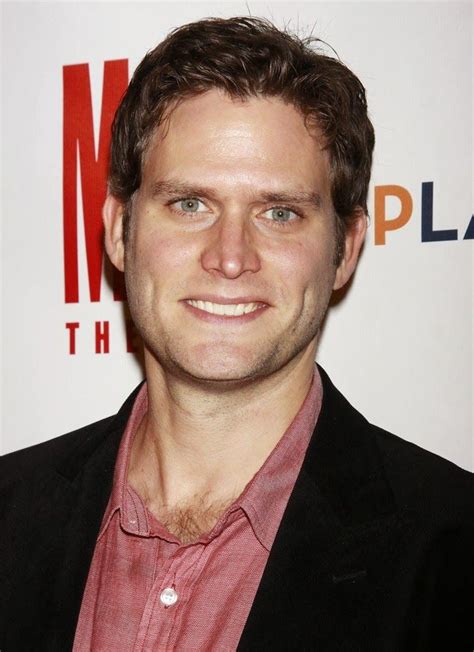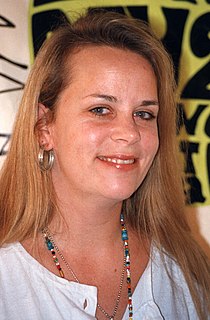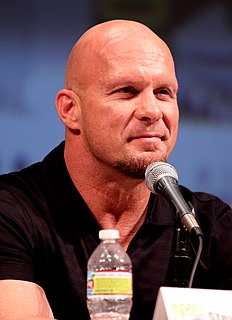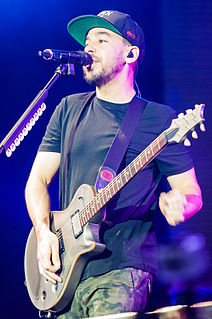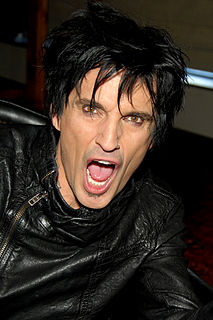A Quote by Steven Pasquale
Television is a completely 1,000 percent different skill set than being on stage.
Related Quotes
One thing that is very different technically is that you don't get a lot of coverage in television. Not like you do on a film. I know we don't have time for separate set-ups, so I will design a scene where I'm hiding multiple cameras within that set-up. That way, if I don't have time to do five set-ups, I can do four cameras in one set-up. It's a different kind of approach for that. For the most part, a lot of television, in a visual sense, lacks time for the atmosphere and putting you in a place.
It's lonely at the top. Ninety-nine percent of people in the world are convinced they are incapable of achieving great things, so they aim for the mediocre. The level of competition is thus fiercest for "realistic" goals, paradoxically making them the most time-consuming and energy consuming. It is easier to raise $10,000,000 than it is $1,000,000. It is easier to pick up the one perfect 10 in the bar than the five 8s.
